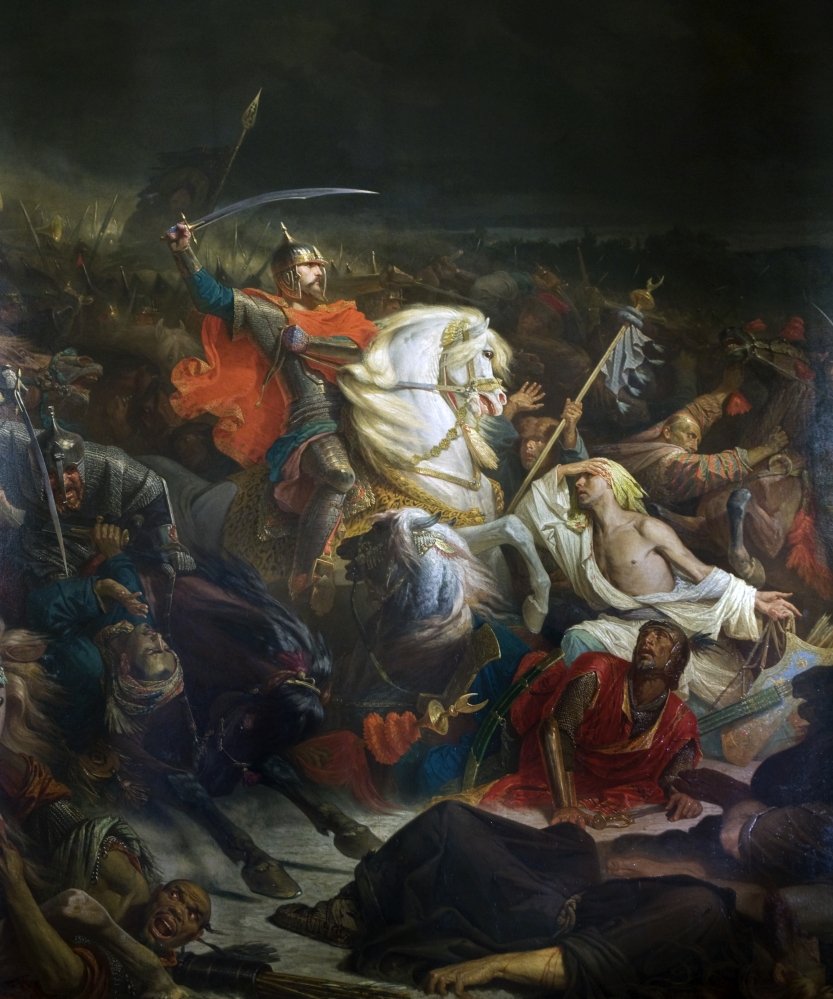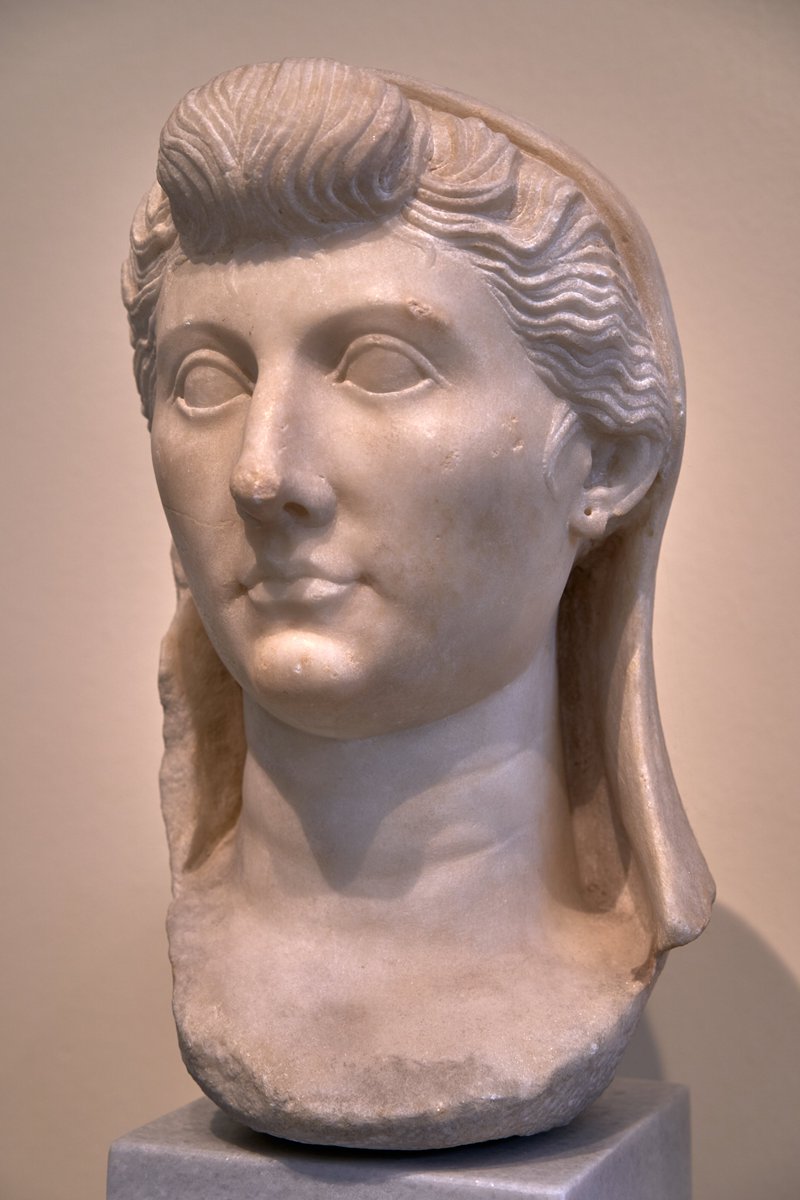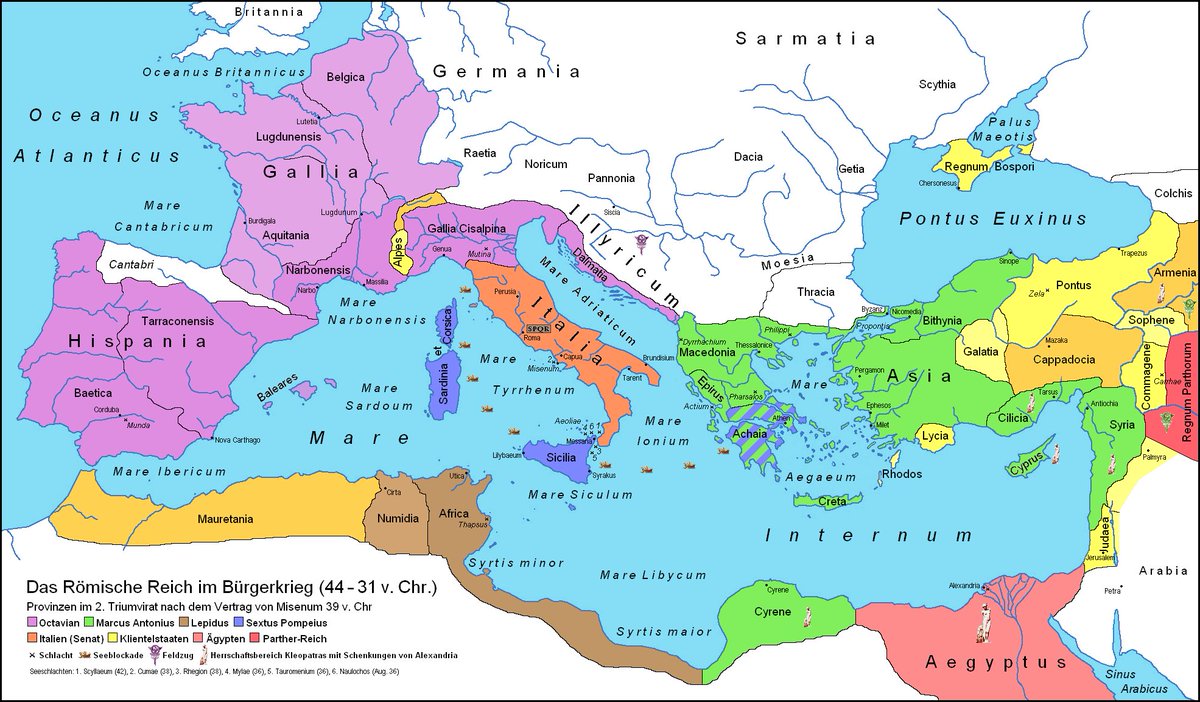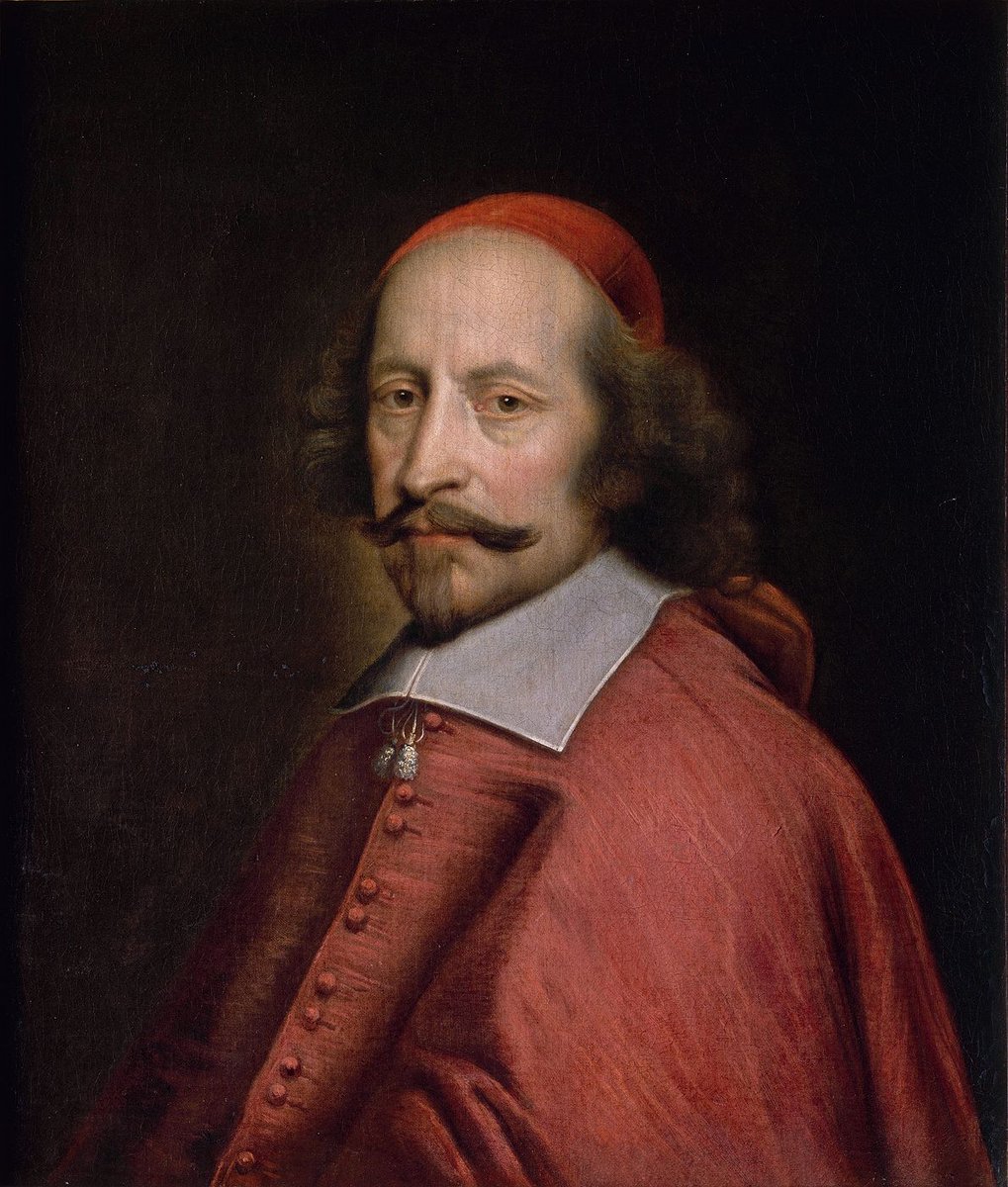
A nation broken by a foreign invasion, a young prince collaborating with the same invaders to gain dominance in his nation, remaking it and setting in motion a chain of events that would ultimately lead towards regaining the nation's independence.
Story in the evening ...
Story in the evening ...
https://twitter.com/Arby_K/status/1374186757978132481
Aleksander Iaroslavich was born in 1220 to Iaroslav Vsevolodich, Prince of Pereyaslavl, and Fedosia. Iaroslav was the younger brother of Prince Konstantin of Rostov and Grand Prince Iurii of Vladimir-Suzdal. Iurii and Iaroslav had earlier allied against the elder Konstantin. 1/10 

After Andrei Iurievich had demolished Kiev in 1169, Vladimir had become the main power centre of the divided Rus' nation. Young Aleksander was installed as the Prince of Novgorod in 1236 and it is in Novgorod that he would make his mark. 2/10 

In 1240, a band of Swedes would attempt to seize the mouth of River Neva, which was controlled by Novgorod. But Aleksander would be at hand to repel the invaders. The victory gave Aleksander the cognomen Nevsky. But things were not going well for the Rus' elsewhere. 3/10 

In 1238, the Mongols had invaded the Rus', killing Aleksander's uncle, Iurii. In his place, the Mongols had appointed Iaroslav. In 1242, the crusading Teutonic knights would attempt to pacify Pskov. Aleksander was again at hand to repel the invasion, this time on ice. 4/10 

In 1246, Iaroslav died while returning from the capital of the Mongol Golden Horde. Sviatoslav, a brother of Iaroslav, seized Vladimir but was expelled by Mikhail, a younger son of Iaroslav. Meanwhile, Aleksander and another brother, Andrei, departed for the Mongol capital. 5/10 

Andrei was given Vladimir, while Aleksander Kiev. Andrei returned to Vladimir in 1248, with Mikhail having died fighting Lithuanian princes. Meanwhile, Güyük Khan, the Mongol Khagan, had died and Möngke Khan, took over after a brief interregnum. 6/10 

But Andrei refused to swear fealty to the new Khagan. So, the Mongols replaced him with Aleksander. Andrei would be placed in charge of Nizhni-Novgorod in 1255, with Aleksander's support. A descendant of Andrei would later become Tsar of Russia in 1606. 7/10 

In 1247, Sviatoslav, who had seized Vladimir when Aleksander had gone to meet the Mongols, appointed Iaroslav, another brother of Aleksander, as the Prince of Tver. The rivalry of the Tver line of Rurikids and that of Aleksander's descendants would fuel the Rus' resurgence. 8/10 

In 1255, Novgorod would attempt to appoint Iaroslav of Tver as their Prince, but Aleksander would be able to reassert his position. He would be the enforcer for the Mongols, making Novgorod submit to their census and taxation in 1259. But he brought stability to the Rus'. 9/10 

Aleksander died in 1263 and it was Iaroslav who succeeded him in Vladimir. Aleksander's sons, Dmitry of Pereyaslavl and Andrei of Gorodets would both rule Vladimir, but it was the descendants of his youngest son, Daniil of Moscow, who would finally overthrow the Mongols. 10/10 



• • •
Missing some Tweet in this thread? You can try to
force a refresh














